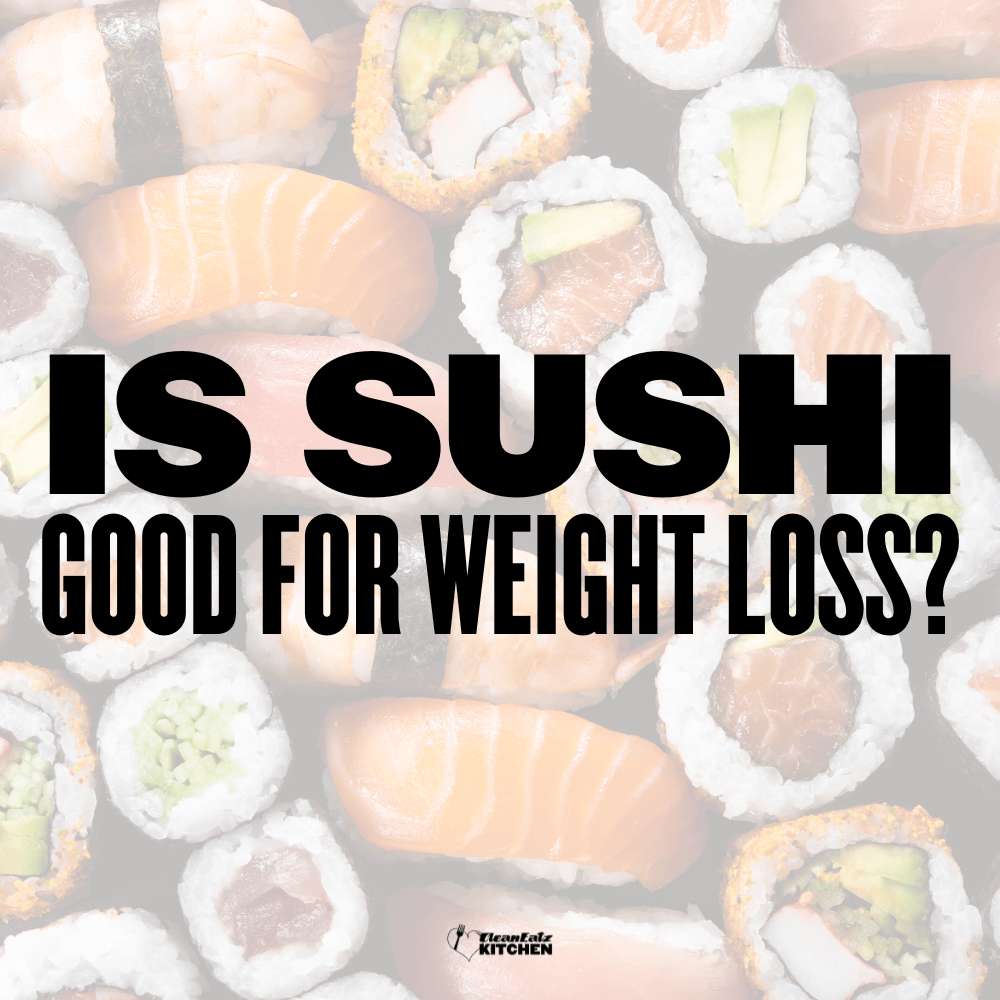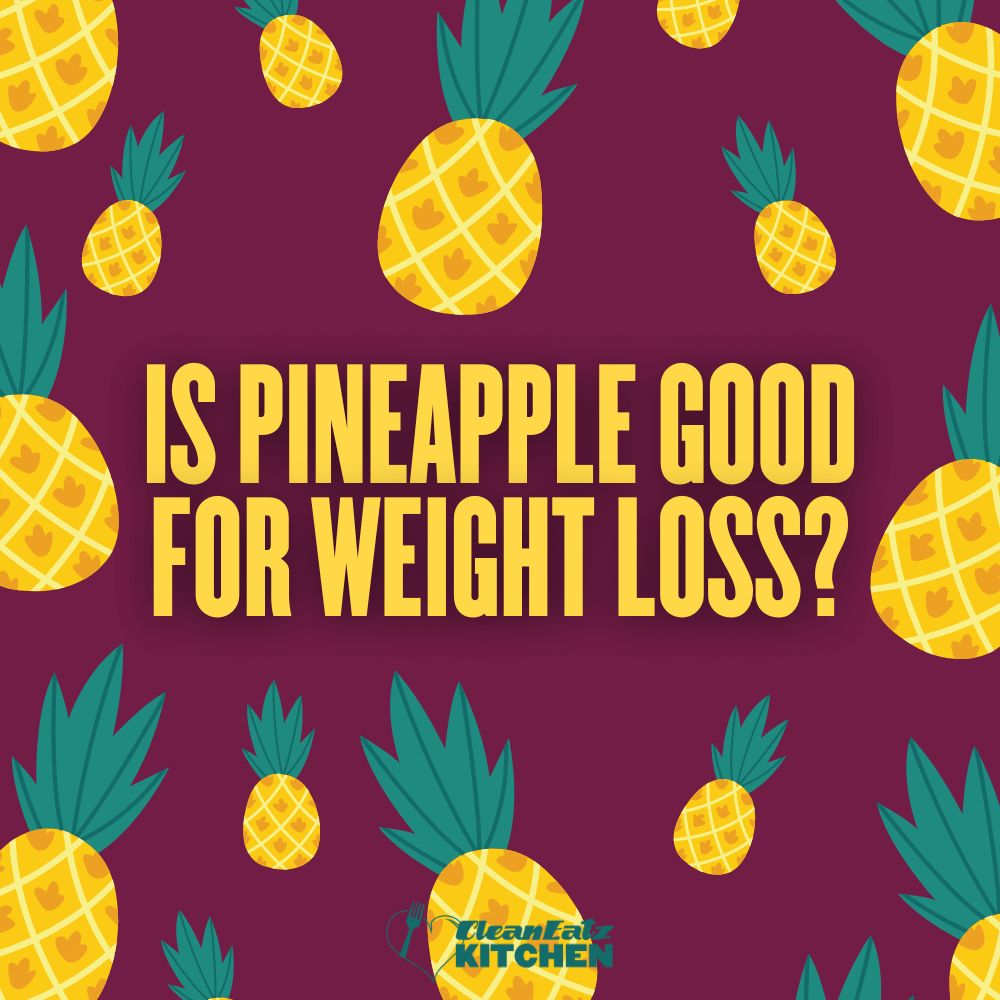
Is Sushi Good for Weight Loss?
6 minute read
Is Sushi Good For Weight Loss?
For centuries, the Japanese have enjoyed sushi. Considering Japan has one of the healthiest and leanest populations today, it is worth examining whether sushi can be beneficial for weight loss meal plans. In this article, we will delve into what exactly sushi is, its nutritional profile, and address the common question: Is sushi good for weight loss? Additionally, we will explore whether sushi can be considered fattening or not.
What Exactly is Sushi?
Sushi is a Japanese dish typically made with seaweed, rice, fish, and vegetables. While there are various ways to prepare sushi, the traditional method involves wrapping the rice, fish, and veggies in a sheet of seaweed.
Although sushi is often associated with raw fish, the main ingredient of sushi is actually rice. In fact, the word sushi comes from the Japanese words for vinegar and rice.
All the other ingredients of sushi can vary but vinegar rice is always present. For example, for fish, you can use tuna for weight loss, salmon, or yellowtail. For veggies, you can use avocado, beans, beetroot, carrot, or cucumber.
Is sushi good for weight loss? Many people wonder about its impact on weight. Sushi can be a suitable choice for weight loss due to its relatively low-calorie content and high protein from fish. However, portion sizes should be taken into consideration to avoid excessive calorie intake.
Now, is sushi fattening? The answer depends on several factors. Sushi can be a healthy option if you choose lean fish and watch your portion sizes. However, certain types of sushi with fried ingredients or heavy sauces may contribute to higher calorie intake. It's important to make mindful choices when enjoying sushi as part of a balanced diet.
Types of Sushi
There are many types of sushi classified according to the ingredients used. Some of the most popular types of sushi include:
-
Nigiri sushi. This is a type of sushi that consists of a mold of rice topped with raw fish. In some cases, the fish might be cooked especially if it's made with shrimp.
-
Maki sushi. This is the most popular type of sushi in the West. It is the typical sushi you see everywhere with rice, fish, and fillings rolled in a sheet of seaweed nori.
-
Sashimi. This is technically not a type of sushi since it does not contain rice. Sashimi is simply a strip of raw fish. It can however be eaten alongside rice.
-
Vegetarian or vegan sushi. This type of sushi does not contain any fish. Instead, it is made with seaweed, rice, and plant-based fillings.
Is Sushi Good for Weight Loss?
Is sushi good for weight loss? Yes, sushi can be beneficial for weight loss. Depending on the ingredients used, sushi is generally low in calories. Each roll of sushi contains approximately 45 calories. Even if you consume multiple rolls, such as six rolls, it would only amount to about 270 calories. Even indulging in 10 rolls would still keep you within 450 calories.
Now, let's address the concern, "Is sushi fattening?" The sushi itself is not inherently fattening. The caloric content largely depends on the types of ingredients and portion sizes of a balanced plate. Opting for sushi rolls with lean protein sources like fish and incorporating vegetables can contribute to a healthier and lower-calorie meal choice.
In fact, sushi can support weight loss efforts due to its protein and fiber content. The fish in sushi serves as an excellent source of protein, while the inclusion of vegetables provides fiber. These nutrients are essential for weight loss as they enhance meal satisfaction, reducing the likelihood of excessive snacking.
Health benefits of sushi
-
Source of protein. Sushi that contains fish is a good source of protein which has many functions in the body including maintaining and repairing body tissues. You can expect to get around 7 grams of protein per serving of sushi.
-
Source of fiber. If your sushi is made with a variety of vegetables, it can provide you with a significant amount of fiber. Fiber supports general body health but is especially essential for maintaining good gut health.
-
Customizable. Since there is no one right way to make sushi, it allows you to customize it to fit your preferences. For example, if you don’t fancy tuna, you can easily opt for a yellowtail without compromising the taste of the meal.
-
Source of healthy fats. The fish and seaweed in sushi are fantastic sources of unsaturated fats which have been shown to support heart health. This is especially useful to vegans and vegetarians who can benefit from the omega-3 fats (in seaweed) which are often lacking in plant-based foods.
-
Prevents heavy metal poisoning. Seaweed has a unique ability to remove heavy metals from the body. This makes it a good option for those who consume fish regularly since they are at a higher risk of heavy metal poisoning.
FAQs
Can I eat sushi while trying to lose weight?
Yes, you can eat sushi while trying to lose weight. In fact, sushi is one of the best foods you can eat while trying to lose weight. It is not only low in calories but rich in protein and fiber which support weight loss.
Is sushi good for losing belly fat?
Yes, sushi is good for losing belly fat. While sushi can not target belly fat, it can help you shed a few inches off the waist by helping you lose weight all over your body.
What types of sushi are good for weight loss?
All types of sushi are good for weight loss meal plans as long as the sushi isn’t paired with other high-calorie foods like mayo. However, Sashimi is especially good for weight loss since it is lower in calories and doesn’t contain any carbs from rice.
Is sushi fattening or healthy?
Sushi is very healthy and not fattening.
What sushi is best for weight loss?
The maki rolls that have the fewest calories are those made with vegetables or fish and without any extra sauces or mayo. For example, rolls like tuna or cucumber typically have fewer than 200 calories for a serving of 6 pieces. Rolls like salmon avocado or spicy tuna, on the other hand, have approximately 300 calories per roll.
Is sushi junk food?
Sushi contains a variety of vitamins, minerals, and beneficial compounds. However, certain types of sushi can be high in refined carbohydrates, salt, and unhealthy fats. Nevertheless, if consumed mindfully and in moderation, sushi can be a valuable inclusion in a well-rounded diet.
Related Articles
Is Rowing Good Exercise?
9 minute read
Is Pineapple Good For Weight Loss?
5 minute read
Which Antidepressants Cause Weight Loss?
6 minute read



